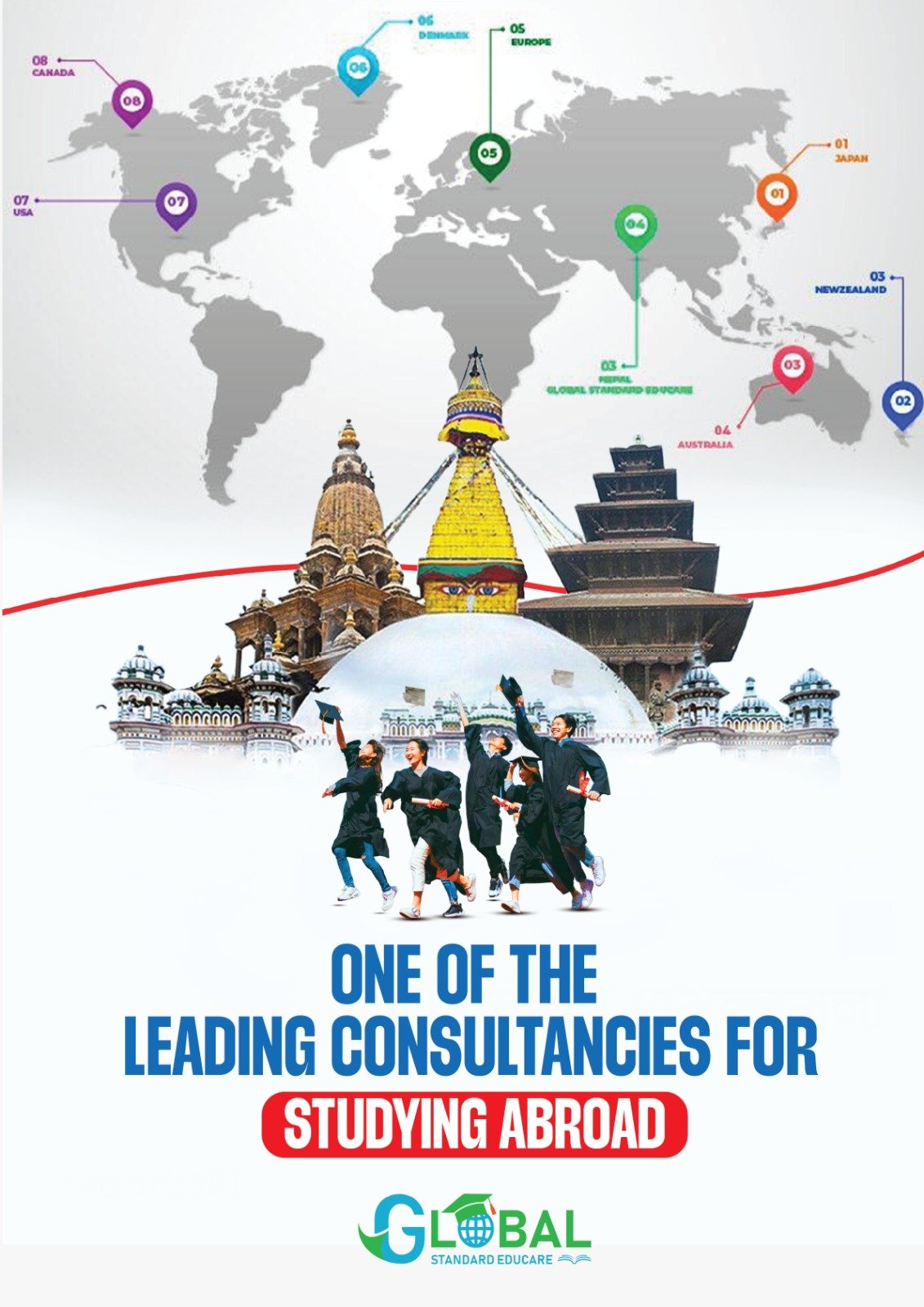
USA F1 Visa Interview Tips: How to Prepare and Increase Your Chances of Approval
Studying in the United States is a dream for many international students, and securing an F1 student visa is the critical first step. The F1 visa interview at a U.S. embassy or consulate can feel daunting, but with thorough preparation, you can approach it confidently. This blog outlines the most common interview questions, preparation strategies, required documents, and tips to help you succeed.
Understanding the F1 Visa Interview Process
The F1 visa interview evaluates your eligibility as a genuine student with clear academic goals, financial stability, and intent to return to your home country after completing your studies. The interview typically lasts 2–5 minutes and is conducted by a consular officer. Key factors assessed include:
-
Academic Intent: Why you chose the U.S., your university, and program.
-
Financial Capability: How you plan to fund your education and living expenses.
-
Ties to Home Country: Evidence of family, property, or career plans that demonstrate your intent to return.
Common F1 Visa Interview Questions
1. Academic Questions
-
Why did you choose to study in the U.S.?
Tip: Highlight the U.S.’s world-class education system, research opportunities, and how the program aligns with your career goals. Mention specific universities, faculty expertise, or unique courses.
-
Why did you select this university/program?
Sample Answer: “I chose MIT because its Computer Science program is ranked #1 globally, and the faculty’s research in AI directly aligns with my career aspirations in machine learning.”
-
What are your academic and career goals?
Tip: Connect your studies to a clear post-graduation plan, such as returning to your home country to work in a specific field.
2. Financial Questions
-
How will you fund your education?
Sample Answer: “My parents will sponsor my tuition, and I received a partial scholarship from the university. I also have a savings account with $50,000 to cover living expenses.”
-
Do you have any scholarships or loans?
Tip: Provide details of financial aid, including amounts and terms. If using family support, explain their occupation and financial stability.
3. Post-Graduation Plans
-
What will you do after completing your degree?
Sample Answer: “I plan to return to Nepal to work as a data scientist, applying the skills I learned in the U.S. to help my family’s tech startup.”
-
Why do you intend to return to your home country?
Tip: Mention family, property ownership, or job offers awaiting you.
4. Family and Personal Ties
-
Do you have family in the U.S.?
Tip: If yes, explain their status (e.g., permanent residents) and clarify your independent plans.
-
What ties do you have to your home country?
Sample Answer: “I own a house in Kathmandu, and my parents run a family business there. I also have a job offer from a local firm.”
Preparing for the Interview
1. Research and Practice
-
Study your university’s programs, faculty, and location.
-
Practice answers to common questions with a friend or mentor.
-
Record yourself to refine your tone and clarity.
2. Document Checklist
Ensure you have:
-
A valid passport (valid for 6+ months).
-
Form I-20 from your university.
-
DS-160 confirmation page.
-
Financial documents (bank statements, scholarship letters).
-
Academic transcripts and test scores (TOEFL, GRE).
-
SEVIS I-901 fee receipt.
3. Presentation Tips
-
Arrive 1–2 hours early.
-
Dress professionally (business casual).
-
Stay calm, make eye contact, and answer honestly.
What to Expect on Interview Day
-
Security Check: Avoid carrying electronic devices.
-
Document Review: Submit your files to the consular officer.
-
Interview: Answer questions concisely and confidently.
-
Outcome: You’ll receive a decision on the spot or via email.
Post-Interview Steps
-
Approved: Pay the SEVIS fee and collect your visa.
-
Denied: Request feedback and reapply after addressing the officer’s concerns.
FAQs
Q1: Can I work in the U.S. on an F1 visa?
A: Yes, but only part-time (20 hours/week) on campus during semesters.
Q2: What if I’m nervous during the interview?
A: Practice deep breathing and focus on your preparation.
Q3: How early should I apply for the visa?
A: Submit your application 3–5 months before your course start date.
Conclusion
The F1 visa interview is your opportunity to showcase your academic goals, financial readiness, and commitment to returning home. By researching thoroughly, organizing your documents, and practicing answers, you’ll increase your chances of success. Remember: honesty, clarity, and confidence are key. Good luck!



.png)

.png)

